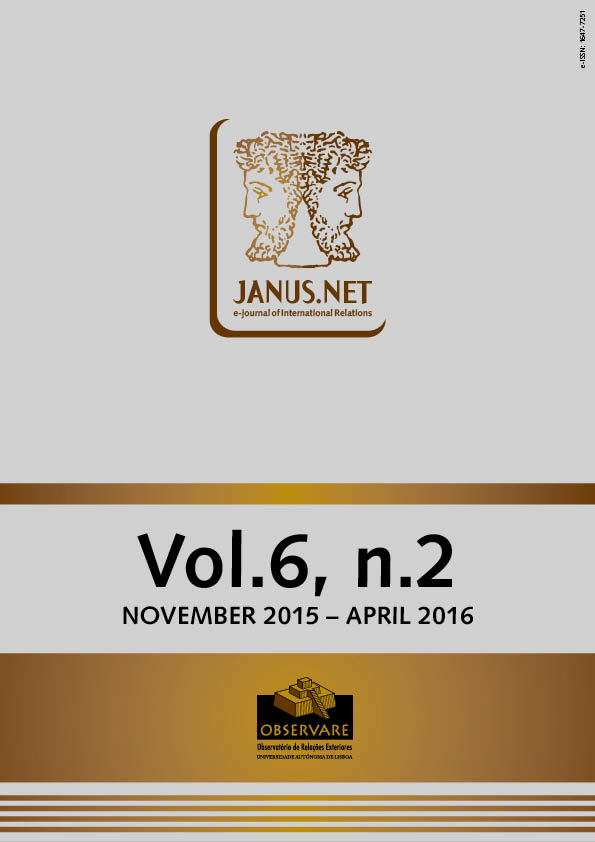The aim of this paper is to describe and analyse the evolution of the political-diplomatic and the economic and trade links between Argentina and the Gulf monarchies, as well as the factors that explain this evolution, during the administrations of Cristina Fernandez (2007- 2015). Meanwhile, the premise that informs it is that that during Fernandez’s governments the political and diplomatic relations between Argentina and the UAE, Saudi Arabia, Kuwait and Qatar became more dynamic as a result of the Argentine interest in strengthening economic and trade ties with those States. The deepening of these ties is explained in terms of some of the main areas of Argentina’s foreign trade policy, which focus on the following: to diversify trade partners, attract investment and increase the volume of trade. Moreover, the aforementioned actors are perceived as potential partners in that the Gulf monarchies need to ensure food security and advance technological cooperation, in a context marked by the international financial crisis.
AN APPROACH TO NON-TRADITIONAL PARTNERS: THE EVOLUTION OF THE TIES BETWEEN ARGENTINA AND THE GULF MONARCHIES DURING THE ADMINISTRATIONS OF CRISTINA FERNANDEZ (2007-2015)
Holder of a PhD in International Relations, Faculty of Political Science and International Relations at the Universidad Nacional de Rosario (UNR, Argentina). Postdoctoral Fellow at the National Scientific and Technical Research Council (CONICET). First Assistant in the "Foreign Policy" Chair at the Faculty of Political Science and International Relations at the Universidad Nacional de Rosario (UNR).
Resumo
Palavras-chave
Como citar este artigo
Fabani, Ornela (2015). “An approach to non-traditional partners: the evolution of the ties between Argentina and the Gulf monarchies during the administrations of Cristina Fernandez (2007-2015). JANUS.NET e-journal of International Relations, Vol. 6, N.º 2, November 2015-April 2016. Consulted [online] on date of last visit, http://hdl.handle.net/11144/2438
Article received on 29 May, 2014 and accepted for publication on 15 October, 2015















